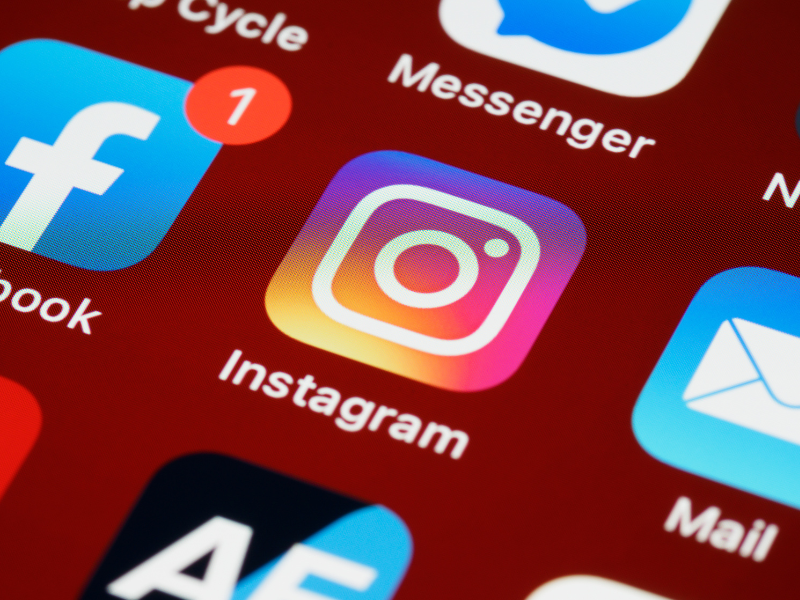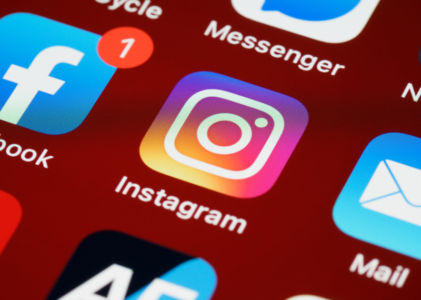Social media has become an integral part of our daily lives. It has revolutionized the way we connect with others share information and express ourselves. However, its not all positive as studies have shown that social media can have a significant impact on our mental health. In this blog, we’ll explore the truth about the impact of social media on mental health.
The Negative Impact of Social Media on Mental Health
One of the most significant negative impacts of social media on mental health is the potential for addiction. Social media platforms are designed to be addictive with features like likes, comments and notifications. This addiction can lead to decreased self-esteem increased anxiety and depression.
Another negative impact of social media on mental health is the impact on sleep patterns. Studies have shown that the blue light emitted from screens can interfere with our sleep cycles, leading to insomnia and other sleep disorders. This can further lead to mental health problems such as anxiety and depression.
Social media can also lead to the fear of missing out also known as FOMO. Users can feel pressure to constantly check their social media accounts to stay updated on the latest news and events, leading to feelings of anxiety and stress. This can also lead to a distorted perception of reality where users may feel like their lives aren’t as exciting or fulfilling as others they see online.
The Positive Impact of Social Media on Mental Health
While there are negative impacts of social media on mental health there are also positive impacts. Social media can help individuals connect with others who share similar experiences providing a sense of community and support. This can be particularly beneficial for those struggling with mental health issues such as anxiety or depression.
Social media can also provide a platform for individuals to express themselves and share their experiences with others. This can help reduce the stigma associated with mental health issues and promote open dialogue about mental health.
Social media can also be a source of inspiration and motivation. Users can follow accounts and pages that inspire them to make positive changes in their lives whether its through exercise, healthy eating or mindfulness practices.
How to Manage Social Media for Better Mental Health
If you’re concerned about the impact of social media on your mental health there are steps you can take to manage your usage. Firstly, you can limit your time on social media by setting specific times of the day for checking your accounts. You can also unfollow accounts that make you feel negative emotions, such as envy or anxiety.
Additionally, you can take breaks from social media altogether this can help you refocus your attention on real-life experiences and reduce the pressure to constantly stay updated online.
Finally, you can use social media to your advantage by following accounts that promote positivity and mental health awareness. You can also use social media as a tool for self-expression and to connect with others who share similar experiences.
Conclusion
Social media has become an integral part of our daily lives, but it’s important to be aware of its impact on our mental health. While there are negative impacts there are also positive ones. By taking steps to manage our social media usage and using it to our advantage, we can reduce the negative impact and promote mental health and wellbeing.

